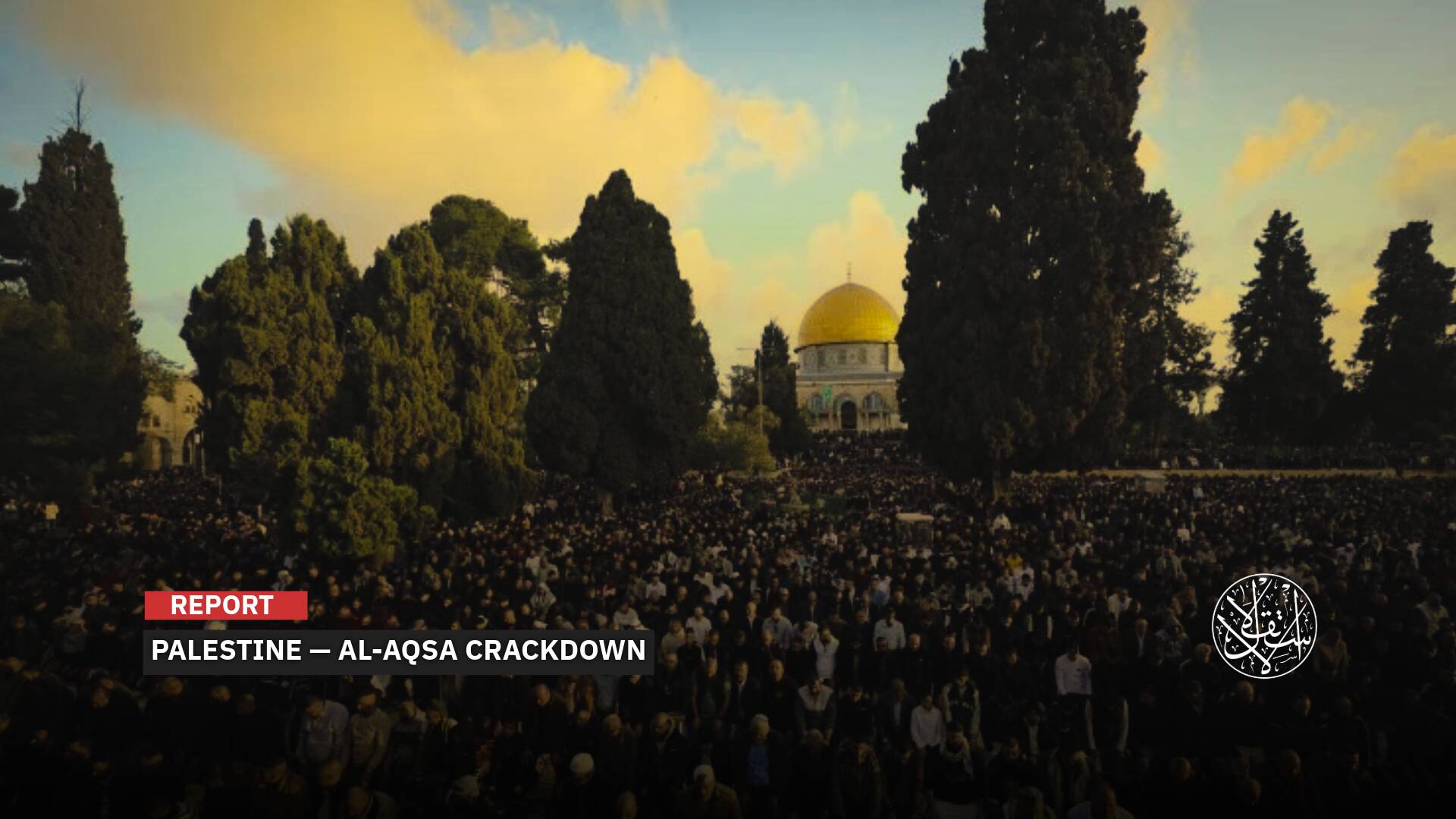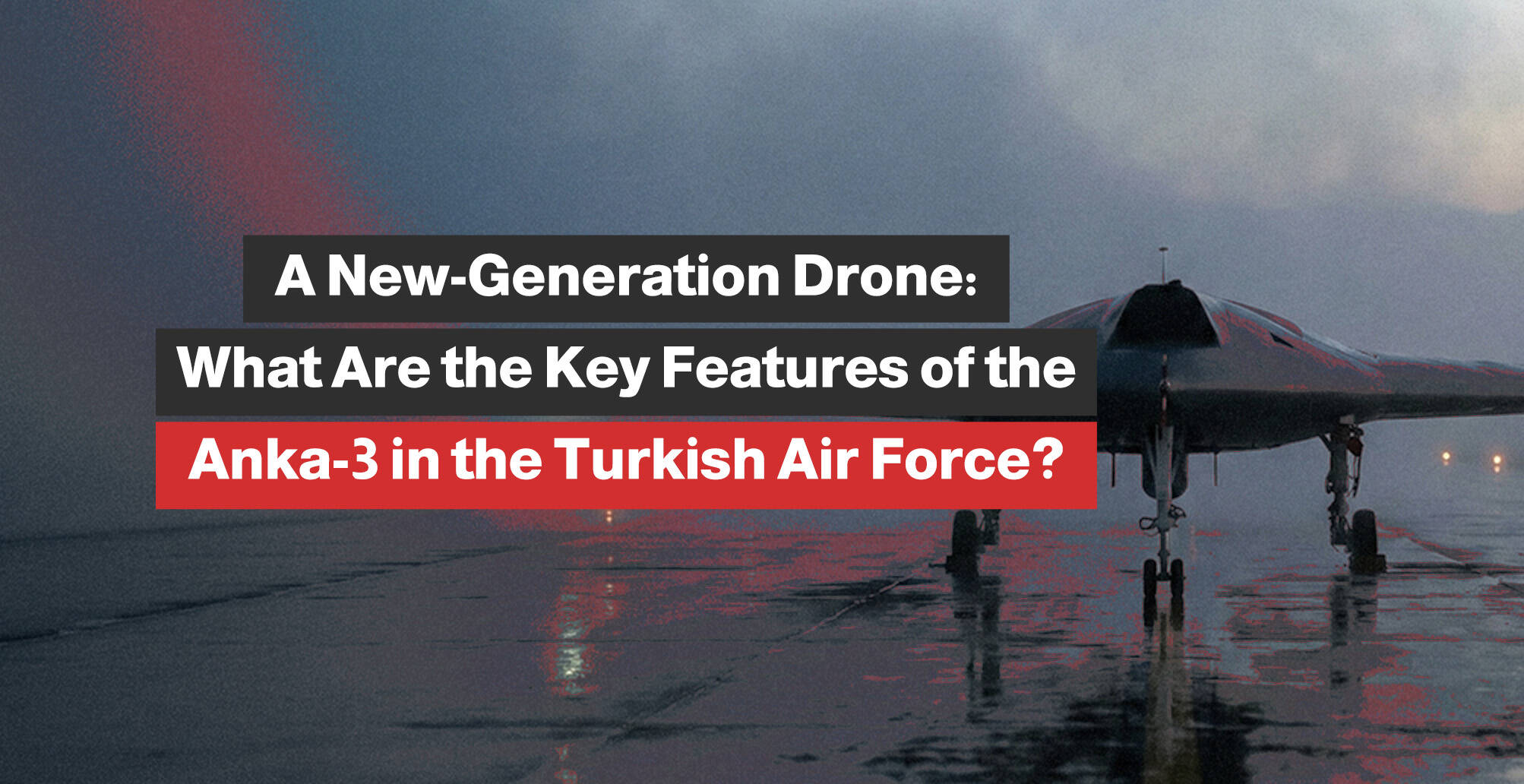To the Final, Thanks to African Proficiency — This Is How France Is Competing at the World Cup

Defending champion France ends Morocco’s Qatar 2022 dream and reaches the fourth World Cup final but again with an almost African team, where the majority of the basic elements are of non-French origin, derived from African or Arab origins.
This was not the first in France’s football history, as the national team had previously won the World Cup in Russia and was represented in international forums by many naturalized players, especially from African countries.
France is proud of the success it is achieving in the Qatar world cup, ignoring the fact that this victory was thanks to migrants and refugees from countries that France once suppressed and killed their peoples.
France Won but Africa Succeeded
Kylian Mbappe, 22, is a son of an Algerian mother and a dad from Cameron, sliding and then posing with his brown arms crossed in front of the public every time he scores against teams.
The French superstar is from the Bondy banlieue, a ghetto in Greater Paris where young black and brown boys had arrived.
Mbappe success recalled the people of another Algerian Frenchman and product of a gritty French ghetto, Zinedine Zidane, the talisman of the 1998 team that led France to its only World Cup title.
Yet, the comparisons between the historic 1998 and the 2022 sides only begin with the shared numbers and ancestry of Zidane and Mbappe.
A review of this team’s listing, the most skilled and proficient since 1998, shows that it is as much African as it is French.

Further, like the only team that gave France its first and only World Cup championship, the team’s African touch is again raising questions about assimilation in France amid racist populism.
The phenomenon of football players carrying the shirts of their countries of residence instead of their countries of origin is not something new. The history of the French national team was not devoid of players of African and Arab origins who formed its main pillars, including, but not limited to, the player Midfield in the 1980s, Jean Tigana, born in Bamako (Mali), and Zinedine Zidane, the Algerian who led the French national team to victory in the World Cup 1998 and became one of the legends of French and international football. Although this phenomenon is not new in Europe, it is now taking on new dimensions for complex cultural and political reasons.

Success Despite Racism
There were great hopes that tournament victory in 1998 by a team made up of the children of immigrants could help overcome racism in France.
International football revealed many countries appearing not so much as they are but as they might be.
“During the World Cup, players literally embody their nations. Their actions take on symbolic meaning because they reflect and refract their societies. The story of the French team in recent decades, and of the debates that have surrounded it, helps us understand the shifts that are remaking the country’s national identity—and where limitations remain,” according to Andscape.
But after the ’98 victory, it became clear that a trophy in the hands of a multicultural team did not change France’s racial attitudes, even in football.
The French Football Federation’s leadership planned last year to limit the number of African and North African players recruited at the youth level, and many were shocked by such decisions.
In 2011, one of France’s superstars, Karim Benzema, said: “When I score, I’m French; when I don’t, or when there’s a problem, I’m Arab.”
Benzema, the French player of Algerian origin, won the Ballon d’Or with a great celebration in France. While not long ago, the same achiever suffered from racist attacks by the French media.

Since he became the most talented football player in the French club Lyon, and after his transfer to Real Madrid, Benzema has emerged as one of the best players in French football history. However, in 2016, Didier Deschamps, the manager of the France national team, suddenly wanted to exclude the player under the pretext of a dispute between Benzema and his colleagues, as Didier claimed.
At that time, the Algerian football player revealed many racist incidents, saying that what he was suffering from was a racist attack and that coach “succumbed to racist pressures,” linking the matter to the rise of the extreme right at the time, which never stopped attacking him.
Identity Tension
The debate about identity in football teams began in France in the early 1990s.
Although many French considered Zinedine Zidane a national hero after leading the team to become the world champion, the far right did not stop criticizing the composition of that team, as it included players of non-French origin.
According to many French, these people are just “intruders,” and they cannot represent the national team, but the same remains silent after France wins significant titles.
This year, Marine Le Pen won more than 13 million votes in the presidential elections.

Demands for the acceptance of France’s racial diversity are usually met with accusations from far-right political parties, saying they represent an imminent threat in dividing and undermining the Republic. “Even as they mutate, racism and the legacy of colonialism continue to shape French culture.”
Some of the same people who voted for Le Pen surely cheered when France beat Morocco, Australia, Denmark, England, and Poland in Qatar and will be ready to do the same when France holds the golden world cup 2022. It is also surprising how those who express public racist views support Black athletes when it suits them.
Identity tension in football is almost inseparable from issues that begin with rampant corruption and tyranny in the countries of the south, the failure of development policies, the increase in immigration rates, especially irregular ones, towards European Union countries, and end with the problems of identity, belonging and integration facing the children and grandchildren of immigrants in their new homes.










